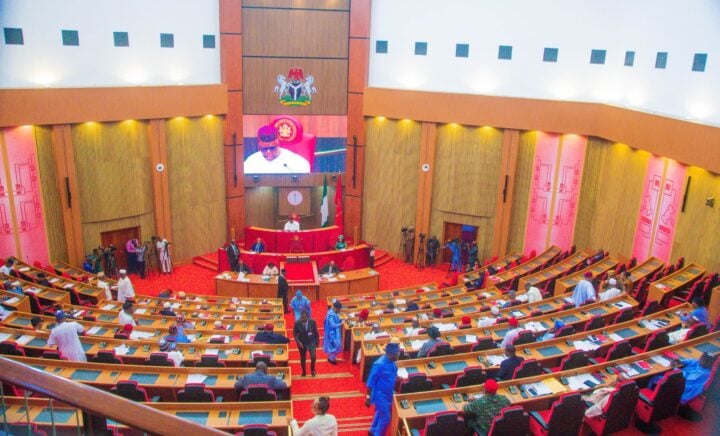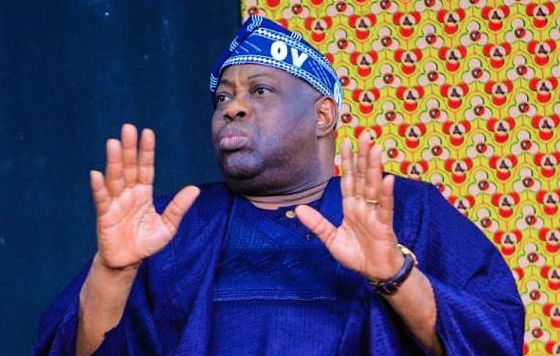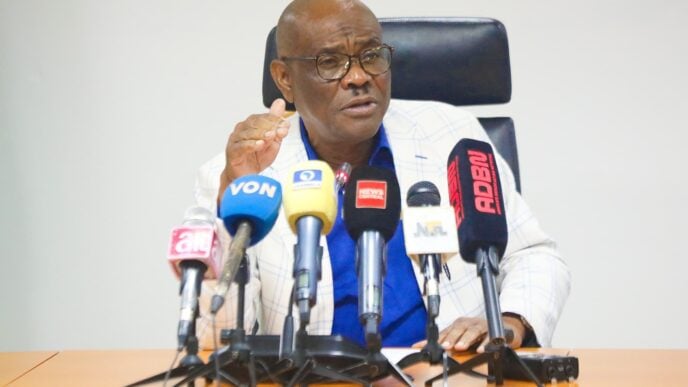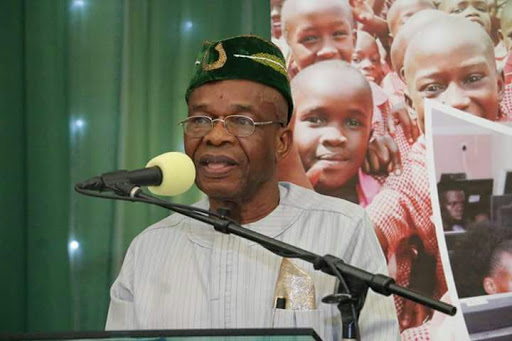Tinubu
President Bola Tinubu has called for more initiatives to ensure women’s empowerment in Nigeria.
Tinubu spoke on Tuesday at a fundraising dinner organised by the federal ministry of women affairs in Abuja.
Represented by George Akume, secretary to the government of the federation (SGF), Tinubu said the programme dubbed ‘Empower-Her: Nigeria for women farming, health, empowerment, justice, and entertainment’ marked a significant milestone in his administration’s journey toward gender equality and sustainable growth.
The president said empowering women is essential for national progress and called for collaboration between the government and private sectors to support initiatives that benefit communities.
Advertisement
“In our quest for justice and sustainability, we must ensure women have access to justice and protection from all forms of violence and discrimination, which requires strengthening our institutions, promoting gender-sensitive policies, and supporting women’s rural organisations,” he said.
“It is in view of this that this Empower-Her initiative solidly deepens the vision we have for our country.
“We must empower women not just for their sake but for the sake of our entire nation. When we have empowered families, communities are viable.
Advertisement
“I call on us both in government and private sector to join hands and support and promote Empower-Her initiative, which has created an enabling environment for every woman in Nigeria to fulfill her potential and contribute meaningfully to society.”
Arthur Eze, the billionaire businessman, donated N100 million to support the initiative.
Tony Elumelu, chairman of the United Bank for Africa (UBA), said women play a critical role in agriculture, contributing over 70 percent of the labour force, yet face challenges in accessing resources.
Represented by Oliver Alawuba, UBA’s chief executive officer (CEO), Elumelu said the bank has provided 78 percent of its working capital loans to women-led businesses to create a solution.
Advertisement
Elumelu said similar initiatives would be economically beneficial, citing the potential $12 trillion increase in global GDP by 2025 if the gender gap is closed.
Add a comment









